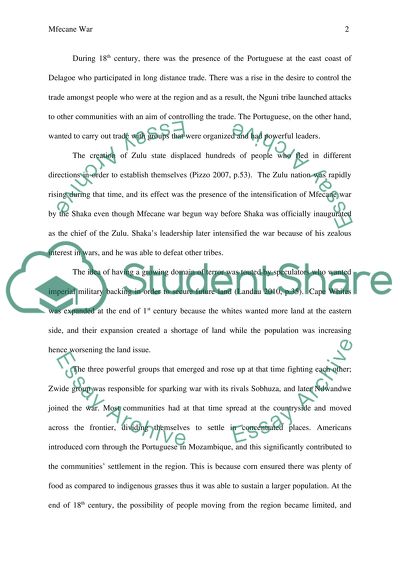Cite this document
(“The Causes and Impact of the Mfecane in South Africa Essay”, n.d.)
Retrieved de https://studentshare.org/history/1466252-assess-the-courses-and-impact-of-the-mfecane-in
Retrieved de https://studentshare.org/history/1466252-assess-the-courses-and-impact-of-the-mfecane-in
(The Causes and Impact of the Mfecane in South Africa Essay)
https://studentshare.org/history/1466252-assess-the-courses-and-impact-of-the-mfecane-in.
https://studentshare.org/history/1466252-assess-the-courses-and-impact-of-the-mfecane-in.
“The Causes and Impact of the Mfecane in South Africa Essay”, n.d. https://studentshare.org/history/1466252-assess-the-courses-and-impact-of-the-mfecane-in.


